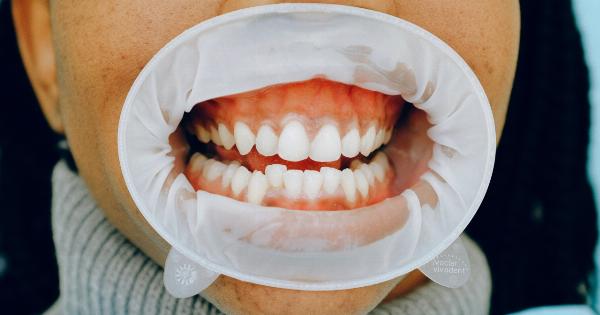As you age, it becomes even more essential to take care of your oral health. One of the most important things you can do is to have a consistent oral care routine. This means brushing your teeth twice a day and flossing daily.
Brushing removes plaque and bacteria, while flossing helps clean between your teeth and along the gumline.
2. Choose the Right Toothbrush and Toothpaste
Using the right toothbrush and toothpaste is crucial for good oral health. Opt for a toothbrush with soft bristles that won’t damage your gums. Electric toothbrushes can also be effective in removing plaque.
Additionally, choose a fluoride toothpaste to help prevent tooth decay and strengthen your enamel.
3. Don’t Forget to Clean Your Tongue
Your tongue harbors bacteria, food particles, and dead cells. For optimal oral health, use a tongue scraper or your toothbrush to clean your tongue gently. This will help reduce bacteria and improve your breath.
4. Stay Hydrated
Drinking plenty of water is not only important for overall health but also for your oral health. It helps stimulate saliva production, which is essential for combating bacteria and neutralizing acids that can cause tooth decay.
Avoid excessive consumption of sugary and acidic beverages, such as soda and fruit juices, as they can harm your teeth.
5. Visit Your Dentist Regularly
Regular dental check-ups are crucial, especially as you age. Your dentist can detect and treat potential oral health issues early on, preventing them from worsening.
They will perform a thorough examination, including a professional cleaning to remove plaque and tartar buildup. Additionally, your dentist can provide personalized advice and guidance based on your specific oral health needs.
6. Be Mindful of Dry Mouth
As you age, you may experience dry mouth, which is a common side effect of many medications and certain medical conditions. Dry mouth can contribute to bad breath, tooth decay, and gum disease.
To combat dry mouth, stay hydrated, chew sugar-free gum to stimulate saliva flow, and talk to your dentist about possible solutions, such as artificial saliva products.
7. Quit Smoking
Smoking not only harms your overall health but also significantly affects your oral health. It can cause stained teeth, bad breath, gum disease, and even oral cancer.
Quitting smoking is one of the best things you can do for your oral and overall well-being. Seek support from your healthcare provider or join cessation programs to increase your chances of success.
8. Eat a Balanced Diet
A healthy diet plays a vital role in maintaining good oral health. Include plenty of fruits, vegetables, whole grains, lean proteins, and dairy products in your diet.
Avoid excessive consumption of sugary foods and beverages, as sugar can contribute to tooth decay. If you snack, choose tooth-friendly options like cheese, nuts, and raw vegetables.
9. Protect Your Teeth
Protecting your teeth is crucial, especially as you age. If you engage in physical activities or play sports, wear a mouthguard to prevent dental injuries.
Additionally, if you grind your teeth or clench your jaw, talk to your dentist about a custom mouthguard or other treatment options to protect your teeth from excessive wear and damage.
10. Practice Good Denture Care
If you wear dentures, proper denture care is vital for your oral health. Remove and clean your dentures daily using designated cleansers and brushes. Brush your gums, tongue, and palate gently with a soft toothbrush before reinserting your dentures.
Be sure to visit your dentist regularly for adjustments and examinations to ensure a proper fit.





























